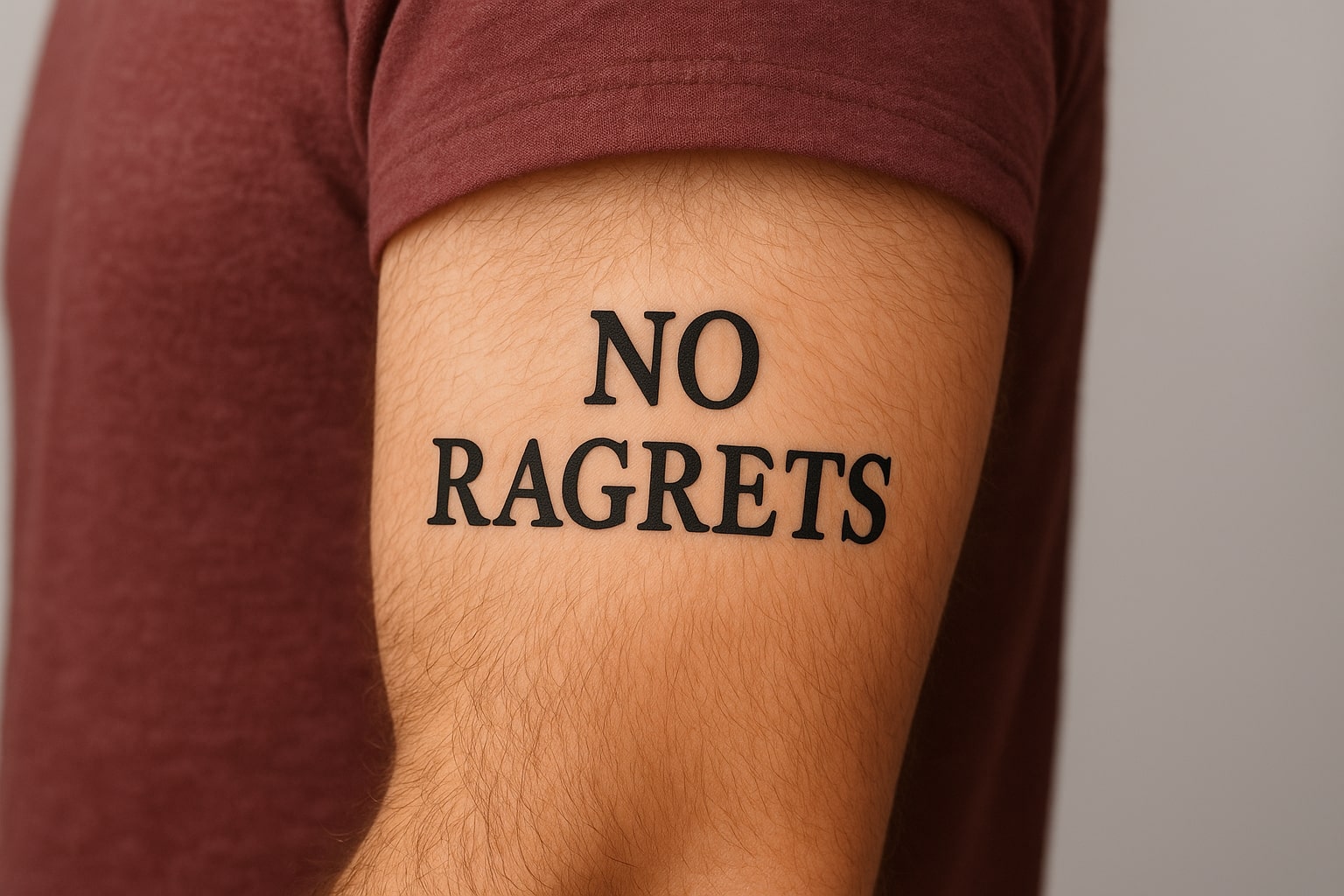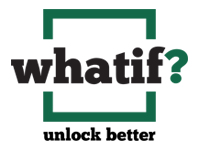
“What If You Scored Every Decision By Its Reversibility?”
"Leaders often ask for more analysis. But what if the more insightful question is: how reversible is this?"
What If You Scored Every Decision By Its Reversibility?
What if the first question before any debate wasn’t whether we should do this, but how easy it is to undo?
Most teams don’t see things that way. They treat every decision as if it has the same importance. The result? We overthink reversible choices, wasting weeks on decisions we could test tomorrow. And we underthink irreversible ones, rushing into actions where the cost of being wrong is high.
Not Every Choice Deserves The Same Scrutiny
Reversibility is simply the cost of being wrong. Instead of asking for more analysis, start by scoring that cost:
- Money: How much would it cost to unwind?
- Time: How many weeks or months would it set us back?
- Brand/Trust: How much credibility or goodwill would be lost?
Rate each one from 0 to 5, then total the scores:
- 0–4 (Fast): Decide in 48 hours. Try it. Adjust quickly.
- 5–9 (Fateful): Add one checkpoint with two pre-agreed kill signs.
- 10–15 (Final): Require two independent signals (finance, legal, customer). Stage a formal go/no-go.
Think of it as three levels of decision-making: Fast, Fateful, Final.
The Example: Trimming Meetings Vs. Retiring A Product
Cutting meeting hours. Reduce weekly internal meetings from seven hours to four. The risk of being wrong is minimal. Money = 0, Time = 1, Brand = 0. Total = 1.
It’s a reversible decision. Act within two days: cancel two meetings, replace them with short written updates, and review results on Friday.
Retiring a legacy product. Another team is considering ending a product still used by 300 customers. The risk is significant. Money = 3, Time = 4, Brand = 5. Total = 12.
This is an irreversible decision. It requires careful planning: build a financial model, interview customers, and hold a checkpoint with exit criteria before making the final call.
Three Lenses To Make It Stick
- Personal. What if you rated your own time this way? Daily decisions like blocking a focus day or skipping a meeting are reversible. Move quickly.
- Leadership. What if you publicly announced irreversible checkpoints? Hiring freezes, price increases, or discontinuing a product line are costly decisions. They require discipline, not hallway debates.
- Team. What if no debate started until someone scored reversibility? It would change the perspective: Are we hesitating over a reversible two, or are we being too casual about a 12?
Your Next Move
Pick one live decision this week:
- Write it in one sentence.
- Total the money, time, and brand scores.
- Choose your course. Sprint within 48 hours, add a checkpoint, or set up a formal go/no-go decision?
Share the score. Let your team debate the cost of being wrong, not the comfort of gathering more data.
A Closing Thought
Leaders often ask for more analysis. But what if the more insightful question is: how reversible is this?
Or more simply, is your decision a haircut or a tattoo? You can recover from a bad haircut in a few weeks. A tattoo? Not so much.


Leave a Reply